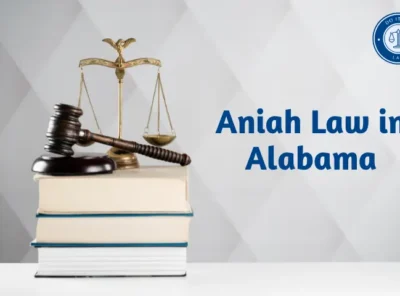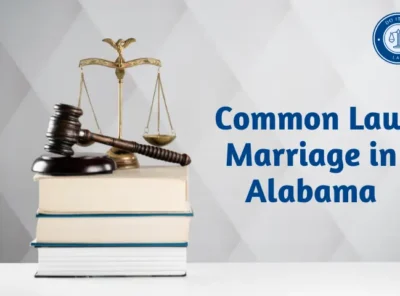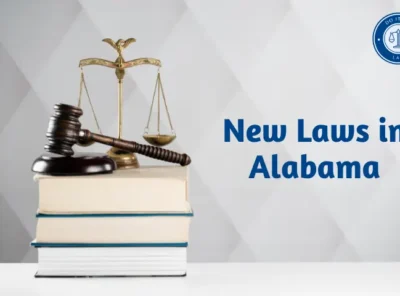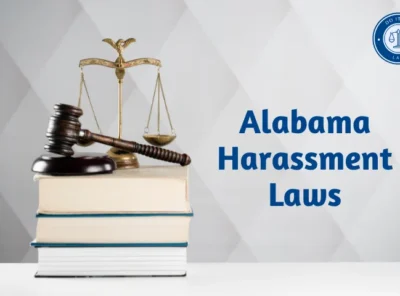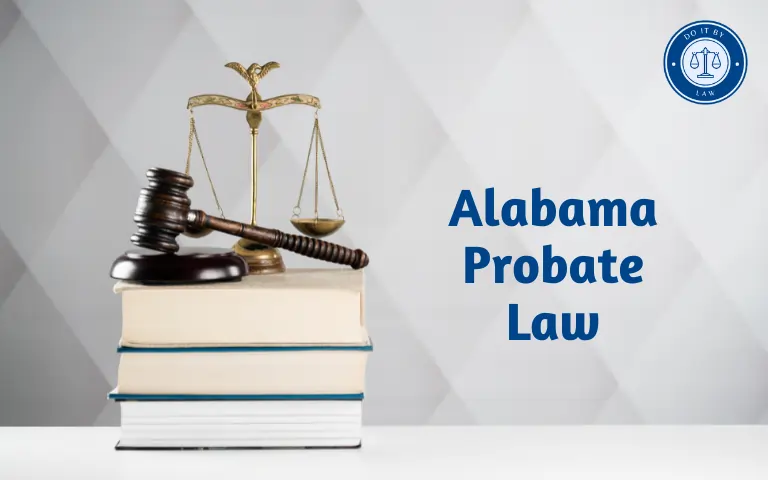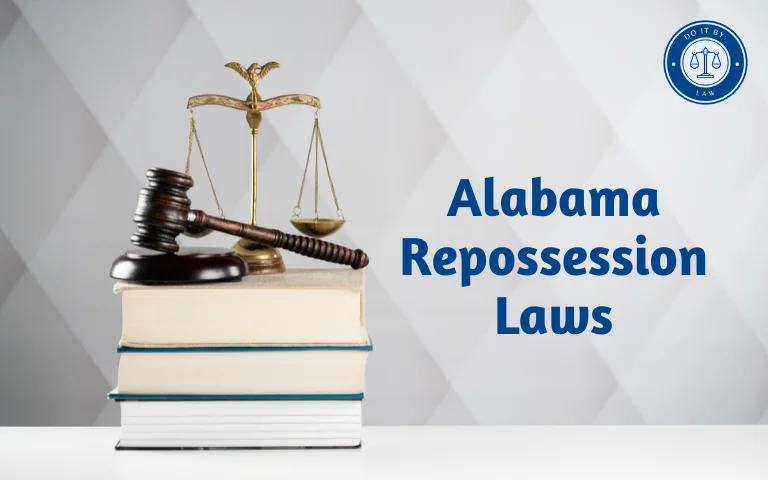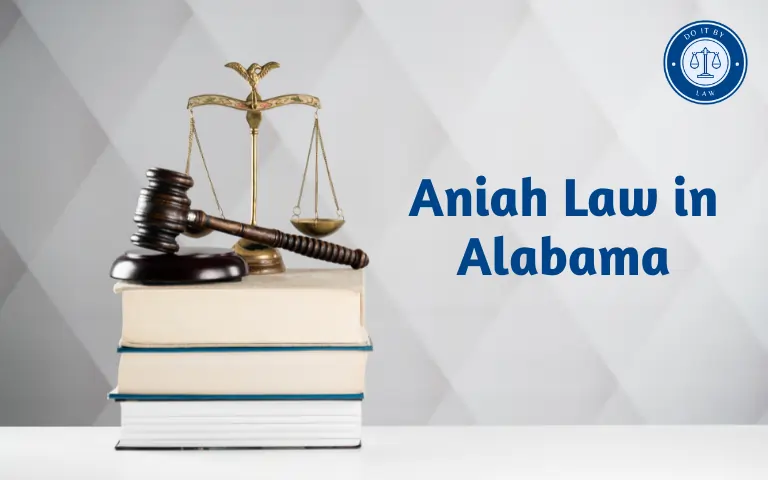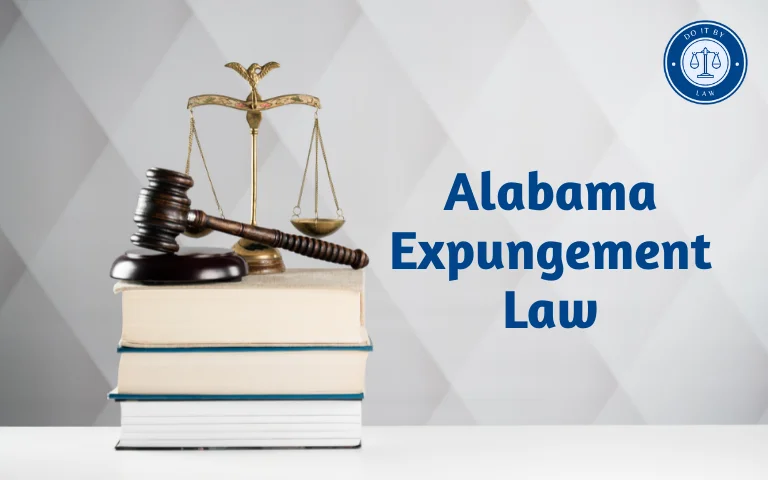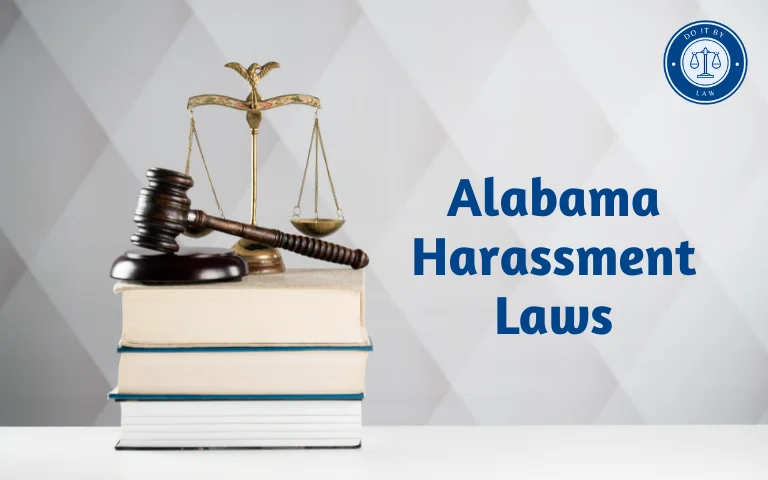Alabama Abortion Law: What You Need to Know
The state of Alabama has one of the strictest abortion laws in the United States. In 2019, Alabama enacted a near-total ban on abortions, sparking intense controversy across the country. This article provides a comprehensive overview of Alabama abortion law, key provisions, recent changes, debates, and what you need to know.
When the Law Was Enacted and Why It Exists
Alabama abortion law, officially called the Human Life Protection Act, was signed into law in May 2019 by Governor Kay Ivey and enacted in November 2019. It aims to ban and criminalize nearly all abortions in the state, with no exceptions for rape or incest.
The Alabama legislature passed the law as part of a broader strategy by anti-abortion activists to prompt the U.S. Supreme Court to reconsider and potentially overturn Roe v. Wade, the 1973 landmark ruling that legalized abortion nationwide. The Alabama law directly contradicts Roe v. Wade and was designed specifically to trigger lawsuits that could bring the abortion issue back before the Supreme Court.
Conservative lawmakers in Alabama have tried for years to restrict abortion access and hoped the 2019 law would become the vehicle to reverse Roe. Although federal courts have blocked enforcement of the 2019 ban, its passage reflected growing momentum among abortion opponents to enact restrictive laws that could undermine constitutional protections for abortion.
Who the Alabama Abortion Law Applies To
The Alabama law applies to all abortions performed in the state, with no exceptions in cases of rape or incest. It criminalizes the procedure at every stage of pregnancy and for all demographic groups.
The ban makes it a felony for doctors to perform abortions, punishable by up to 99 years in prison. The law does not criminally prosecute women who obtain abortions. However, it permits civil lawsuits against abortion providers, including actions that could target those who assist with procedures like clinic staff, counselors, Uber drivers, or other aid.
Key Provisions and Requirements
The Alabama law includes several stringent provisions that would impose an outright ban on abortions except in extremely limited circumstances:
- Ban on Abortions at Any Stage – The law prohibits abortions at any stage of pregnancy after conception occurs. It does not make exceptions for cases of rape, incest, fetal anomalies, or health emergencies that threaten the life of the mother.
- Doctors Criminalized for Performing Abortions – The law makes it a Class A felony for doctors to perform abortions, punishable by 10-99 years in prison. Attempting to perform an abortion is a Class C felony.
- No Exception for Ectopic Pregnancies – The law does not provide an exception for abortions to treat ectopic pregnancies, where the embryo implants outside the uterus and the pregnancy is not viable.
- Only Exception is for Life of Mother – The sole exception is an extreme medical emergency where abortion is necessary to prevent death or “a serious risk of substantial physical impairment of a major bodily function” of the pregnant woman. However, doctors who perform abortions in those cases may still face scrutiny.
- No Exception for Rape/Incest – The law provides no exceptions for abortions in cases where the pregnancy resulted from rape or incest.
- Civil Lawsuits Permitted Against Abortion Providers – While not criminally prosecuting women who get abortions, the law allows civil lawsuits against abortion providers and anyone else who assists knowingly with the procedure. Damages of at least $10,000 would be owed.
Penalties for Violating the Alabama Abortion Law
The Alabama law establishes stringent penalties aimed at both abortion providers and those who assist in any way with the procedure:
- Doctors who perform abortions would be charged with a Class A felony, punishable by 10-99 years in prison. Attempting an abortion is a Class C felony with 1-10 years imprisonment.
- No penalties apply directly to women who obtain abortions. However, anyone who helps provide transportation, instructions, money, or other assistance could be liable in civil lawsuits seeking damages of at least $10,000 from each defendant.
- In addition to damages from civil lawsuits, prosecutors could file criminal charges against those who aid abortions under criminal conspiracy or solicitation laws that carry prison terms of 1-10 years.
- Doctors also face losing their medical licenses for violations of the abortion law.
The stiff penalties underscore the strict enforcement mechanisms written into the Alabama ban to threaten both medical professionals and supporting personnel with severe consequences for defying the near-total prohibition on abortion.
Recent Changes and Proposed Amendments
Since its passage in 2019, the Alabama law has faced continuous legal challenges and calls for modification from both supporters and opponents of abortion rights. Key developments include:
- Blocked from Enforcement – Federal judges have consistently blocked the 2019 law from going into effect while legal challenges proceed through the courts. But the law remains on the books.
- Narrowed to 6 Weeks – In 2021, Alabama lawmakers passed a bill amending the 2019 law to only ban abortions after 6 weeks, adding exceptions for rape, incest, ectopic pregnancy, or health emergency. But courts have also blocked this version from taking effect.
- Efforts to Expand Birth Control – Some Alabama lawmakers have proposed equating abortion to murder and even restricting forms of birth control. But those concepts have not been passed into law.
- Calls to Add Rape/Incest Exceptions – Abortion rights proponents continue urging legislators to modify the 2019 law to permit exceptions for rape, incest, or serious health risks to women. But most lawmakers have resisted those changes.
- Impact from Potential Overturning of Roe – If the U.S. Supreme Court overturns Roe v. Wade, the currently blocked Alabama law could take effect though still faces other legal hurdles. But the political landscape would significantly shift.
Controversies, Debates, and Legal Challenges
Alabama’s near-total abortion ban has prompted intense debates, controversies, and lawsuits since its enactment:
- Aims to Undo Roe v. Wade – Abortion rights advocates criticize the Alabama law as an unconstitutional attempt to undo protections in Roe v. Wade by prompting legal challenges that could reach the Supreme Court. They argue Alabama disregarded decades of legal precedent.
- No Rape/Incest Exceptions – Groups across the political spectrum have denounced Alabama refusal to allow exceptions for abortions in rape and incest cases, forcing survivors to potentially bear children conceived by sexual assault.
- Ectopic Pregnancy Controversy – Alabama came under fire for prohibiting abortion even in non-viable ectopic pregnancies, which experts say need to be medically terminated. The law suggests re-implanting ectopic embryos, a medically unproven procedure.
- Criminalizing Doctors – Medical groups argue the prison terms of up to 99 years for doctors will deter physicians from properly treating pregnancy complications where abortion may be medically appropriate.
- Infringes on Women’s Rights – Abortion rights advocates argue Alabama is unconstitutionally restricting reproductive freedom and compromising women’s bodily autonomy and right to control pregnancy decisions.
- Ongoing Federal Lawsuits – Given the direct clash with Roe v. Wade, federal judges have so far consistently ruled Alabama law unconstitutional and blocked it from taking effect while legal fights continue. But the battles are expected to ultimately reach the Supreme Court.
Recap of Key Takeaways
To recap, the main points to understand about Alabama abortion law include:
- It imposes a near-total ban on abortions at any pregnancy stage, only accepting grave threats to a mother’s physical health.
- Abortions are prohibited even in cases of rape, incest, or non-viable ectopic pregnancies.
- Doctors who perform abortions face felony charges and up to 99 years in prison.
- Those who assist with abortions also face potential criminal charges and civil lawsuits seeking damages of at least $10,000.
- The law aims to provoke legal challenges that could reach the Supreme Court and overturn Roe v. Wade.
- Federal courts have so far blocked the law from taking effect, but the legal fights continue.
- Alabama lawmakers have considered both narrowing and expanding the law since 2019, though major changes remain blocked.
- The law continues generating heated controversy over women’s rights, medical concerns, and more.
Frequently Asked Questions
References and Further Reading
- Full text of Alabama’s Human Life Protection Act
- Court order blocking Alabama abortion ban
- Analysis of Alabama abortion law from Guttmacher Institute
- Overview of legal challenges to 2019 abortion law
- Alabama abortion clinics sue over restrictions
Related Tags
Alabama abortion law, Alabama abortion ban, Alabama Human Life Protection Act, Roe v Wade, abortion restrictions, abortion rights, abortion access, reproductive rights


